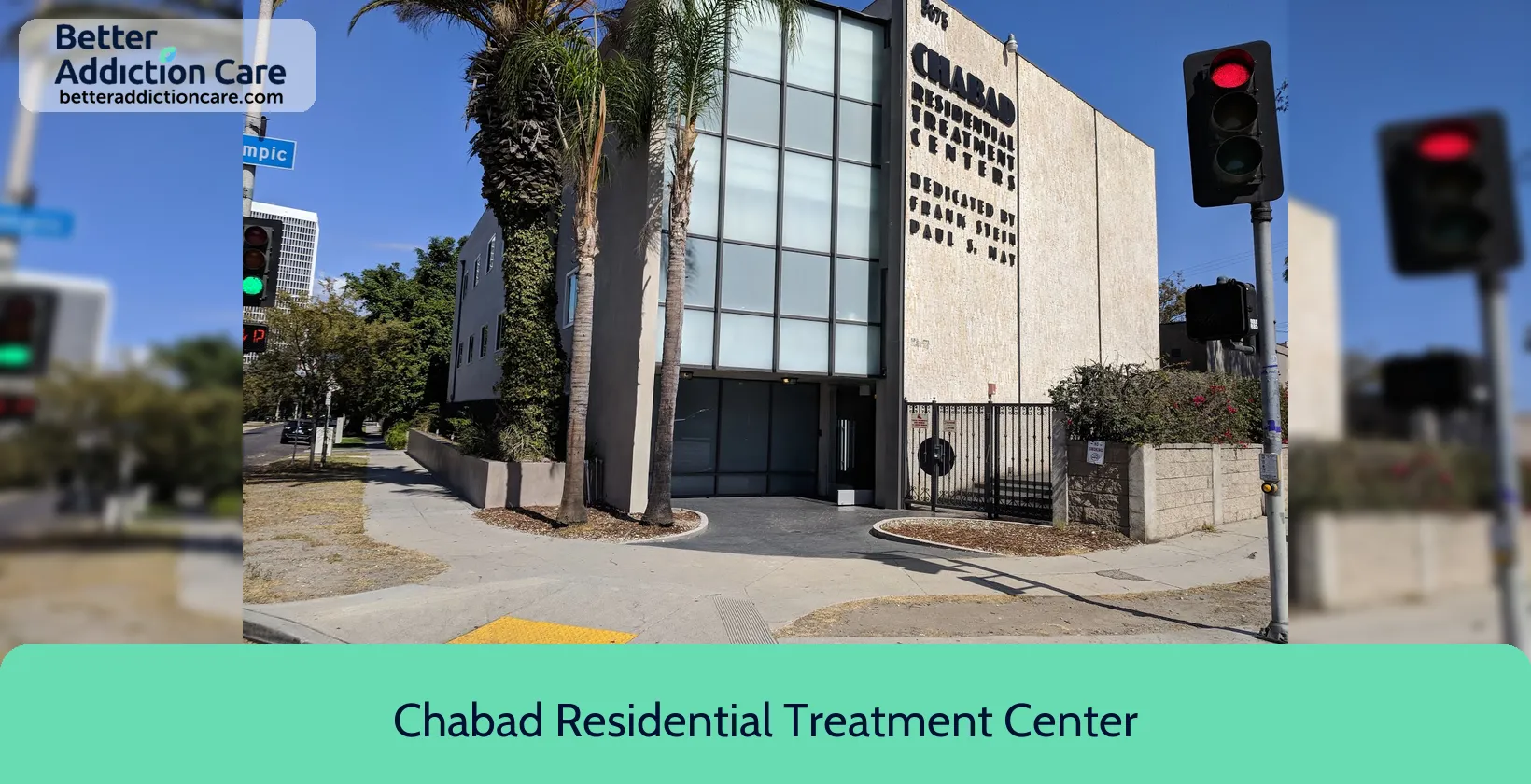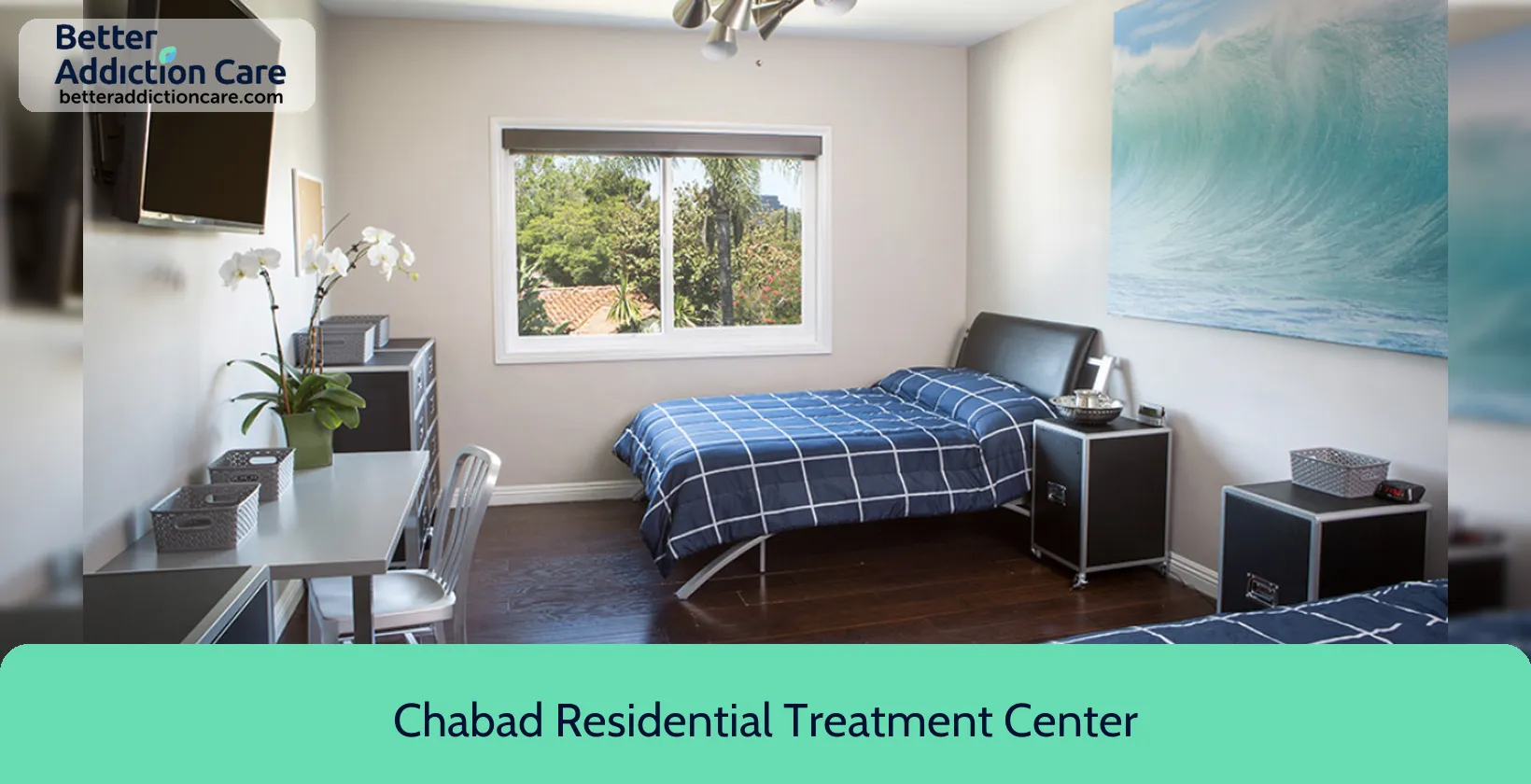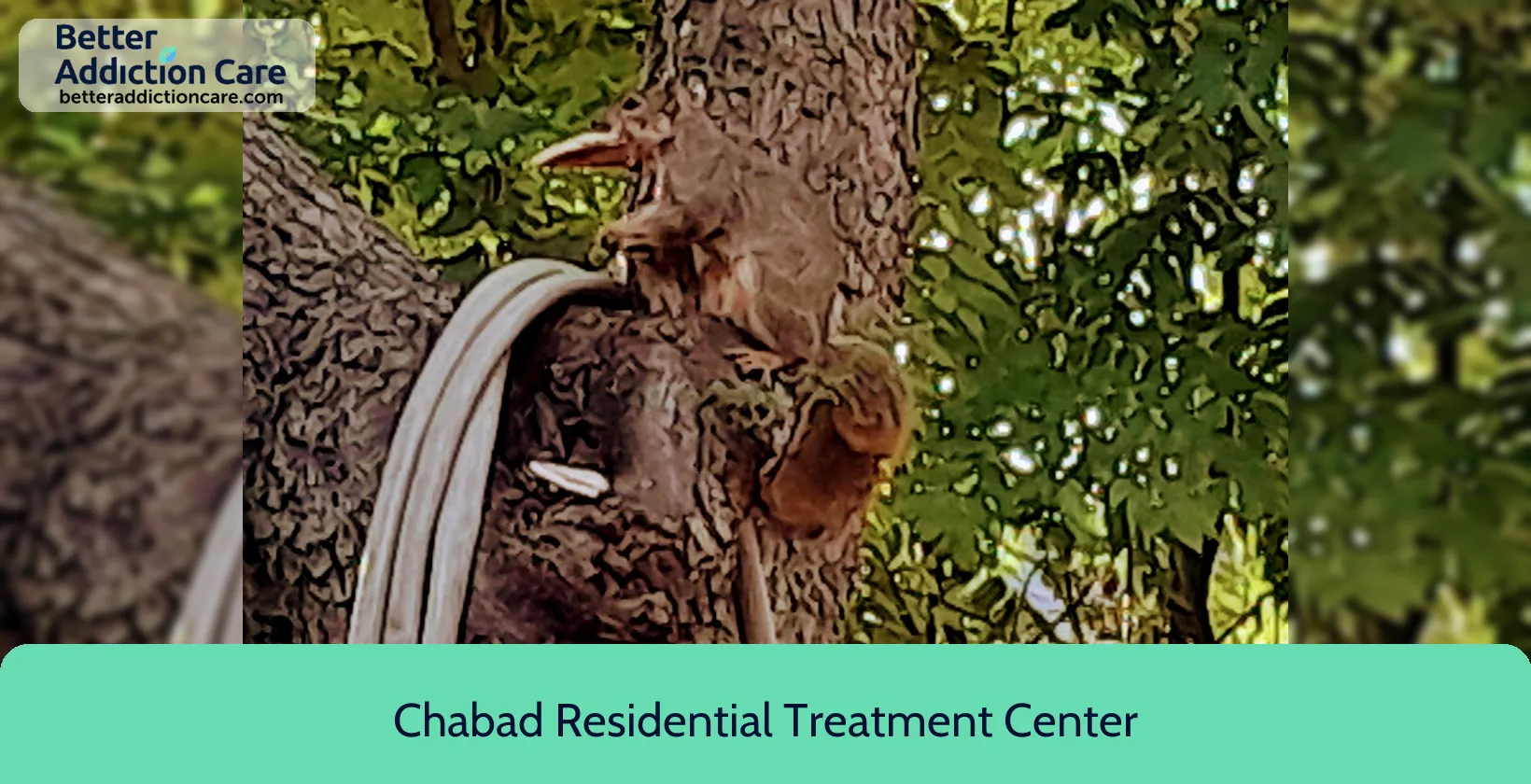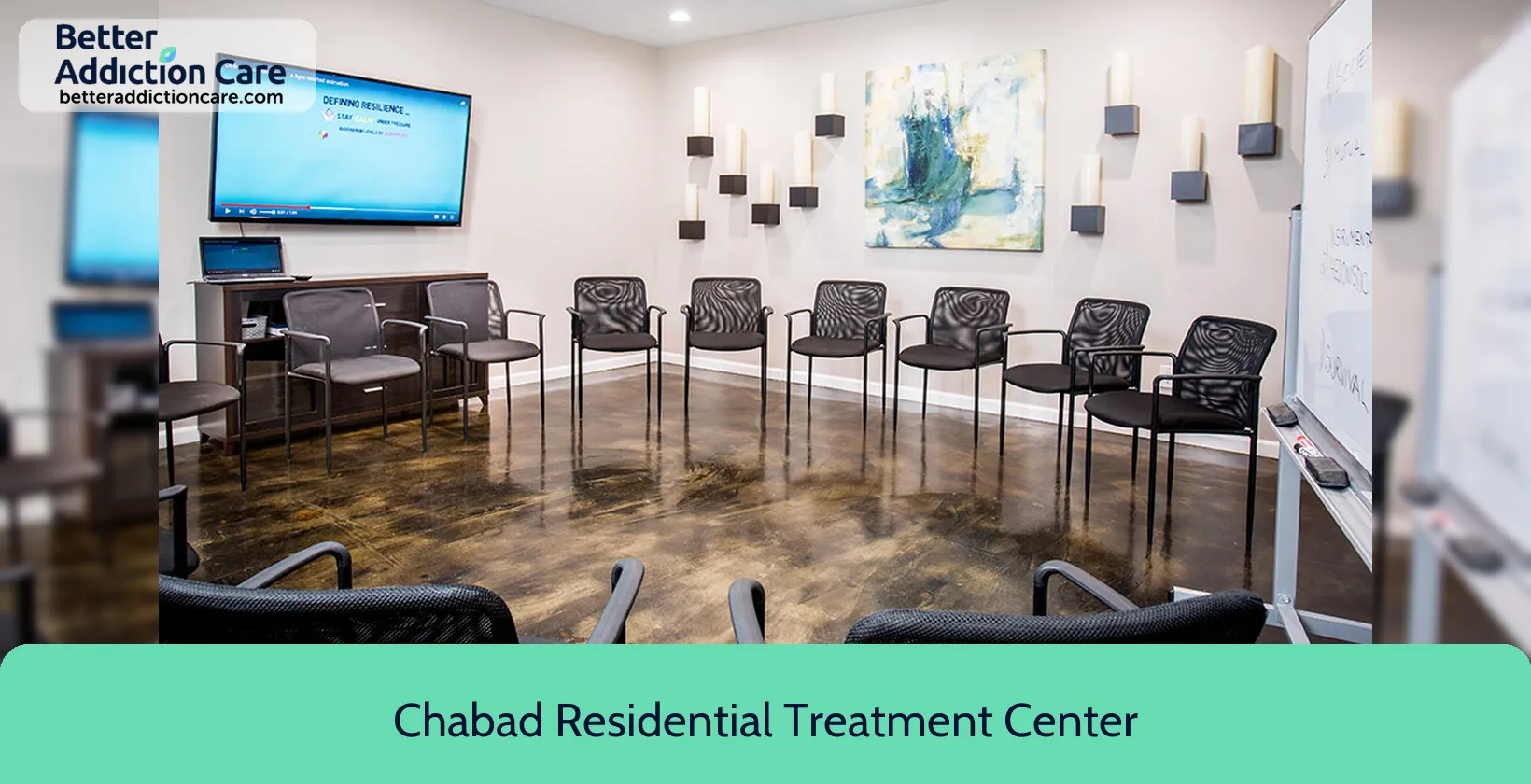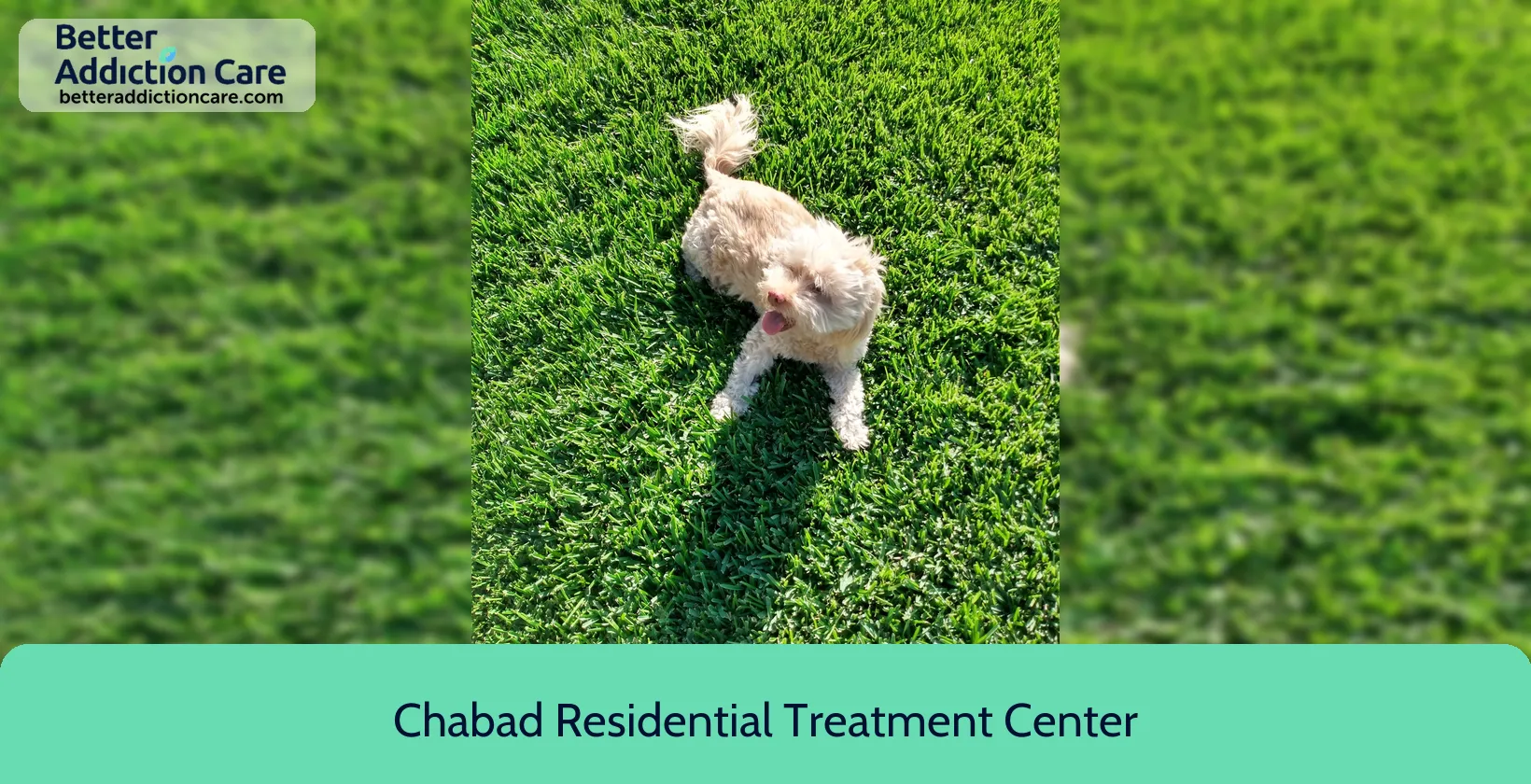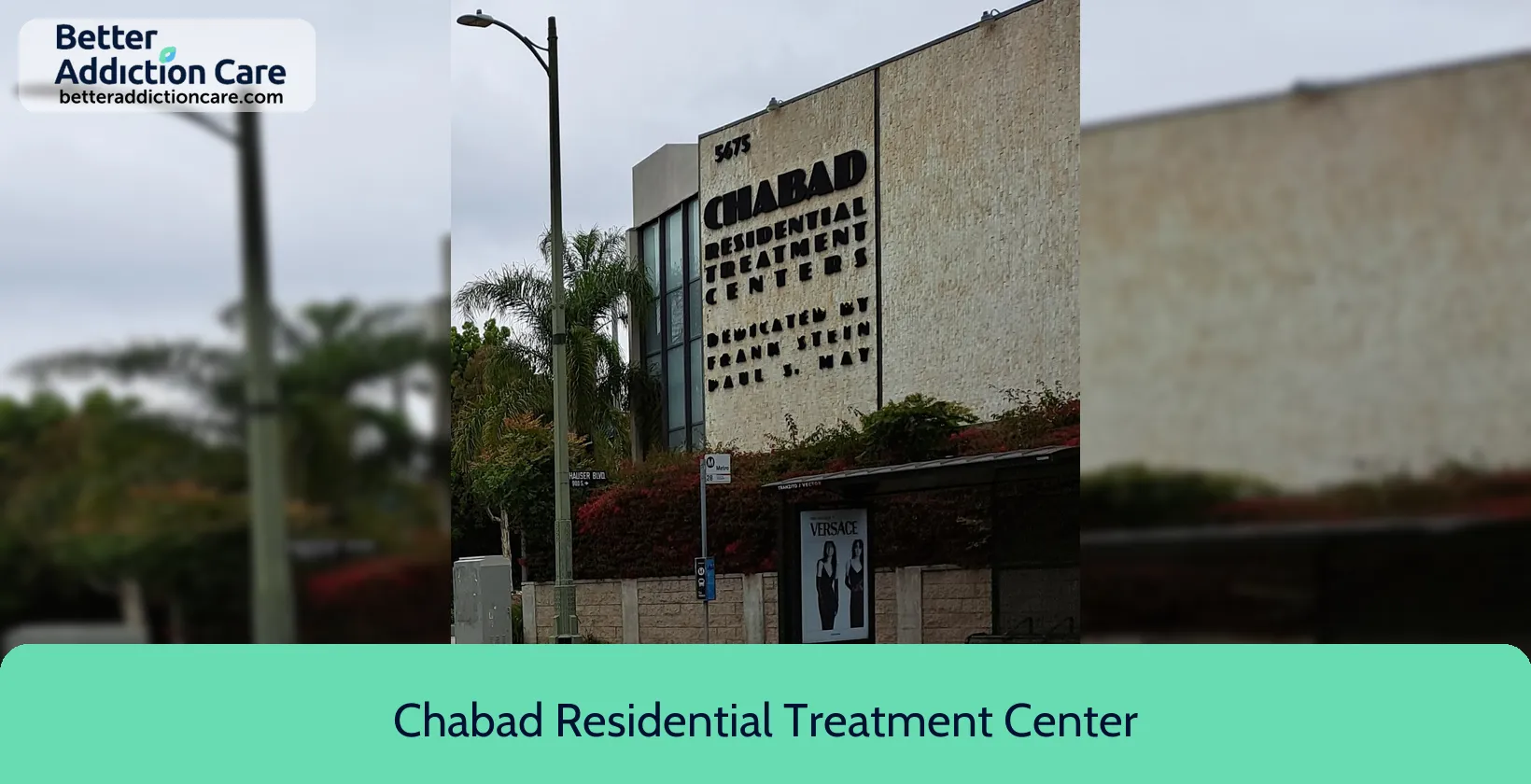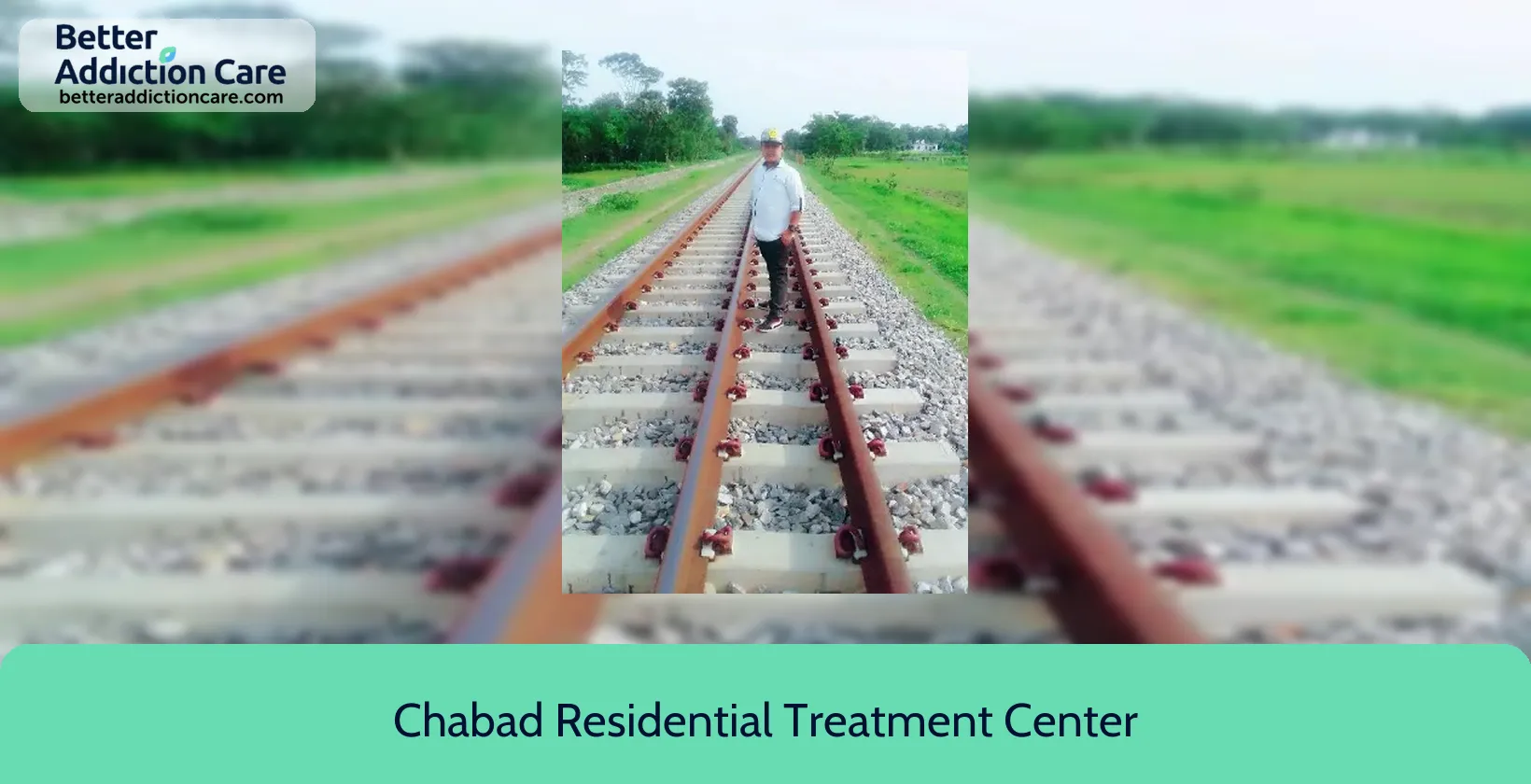Chabad Residential Treatment Center
Overview
Chabad Residential Treatment Center is an substance abuse treatment center that provides inpatient detoxification, for men and women from 18+ years of age. As part of their special programs, Chabad Residential Treatment Center treats clients who have experienced trauma. To help patients achieve sobriety, Chabad Residential Treatment Center provides intake assessments. Afterward, patients receive 12-step facilitation, trauma-related counseling, and individual psychotherapy during treatment. Chabad Residential Treatment Center is located in Los Angeles, California, providing treatment for people in Los Angeles County, accepting private health insurance, cash or self-payment, and sliding fee scale (fee is based on income and other factors).
Chabad Residential Treatment Center at a Glance
Payment Options
- Private health insurance
- Cash or self-payment
- Sliding fee scale (fee is based on income and other factors)
- Aetna
- Blue Cross and Blue Shield Association
Assessments
- Comprehensive mental health assessment
- Comprehensive substance use assessment
Age Groups
- Adults
- Young adults
Operation
- Private for-profit organization
Highlights About Chabad Residential Treatment Center
6.84/10
With an overall rating of 6.84/10, this facility has following balanced range of services. Alcohol Rehabilitation: 8.00/10, Drug Rehab and Detox: 6.00/10, Insurance and Payments: 6.27/10, Treatment Options: 7.09/10.-
Alcohol Rehabilitation 8.00
-
Treatment Options 7.09
-
Insurance and Payments 6.27
-
Drug Rehab and Detox 6.00
Treatment At Chabad Residential Treatment Center
Treatment Conditions
- Mental health treatment
- Alcoholism
- Opioid Addiction
- Substance use treatment
- Co-occurring Disorders
Care Levels
- Detoxification
- Aftercare
- Halfway house
- Hospital inpatient treatment
Treatment Modalities
- 12-step facilitation
- Trauma-related counseling
- Individual psychotherapy
- Group counseling
- Family counseling
Ancillary Services
Special Programs
- Clients who have experienced trauma
Get Help Now
Common Questions About Chabad Residential Treatment Center
Contact Information
Other Facilities in Los Angeles
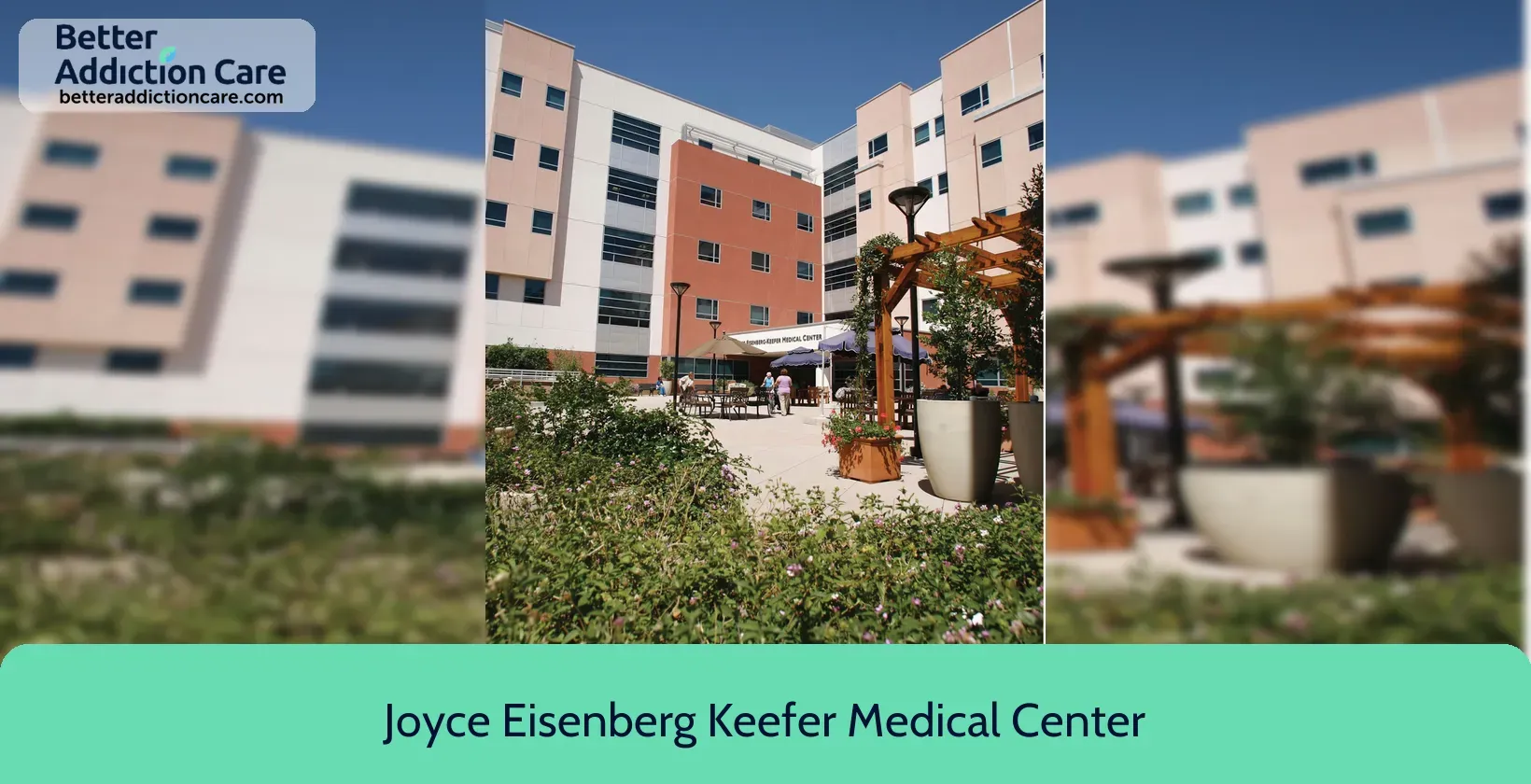
6.62
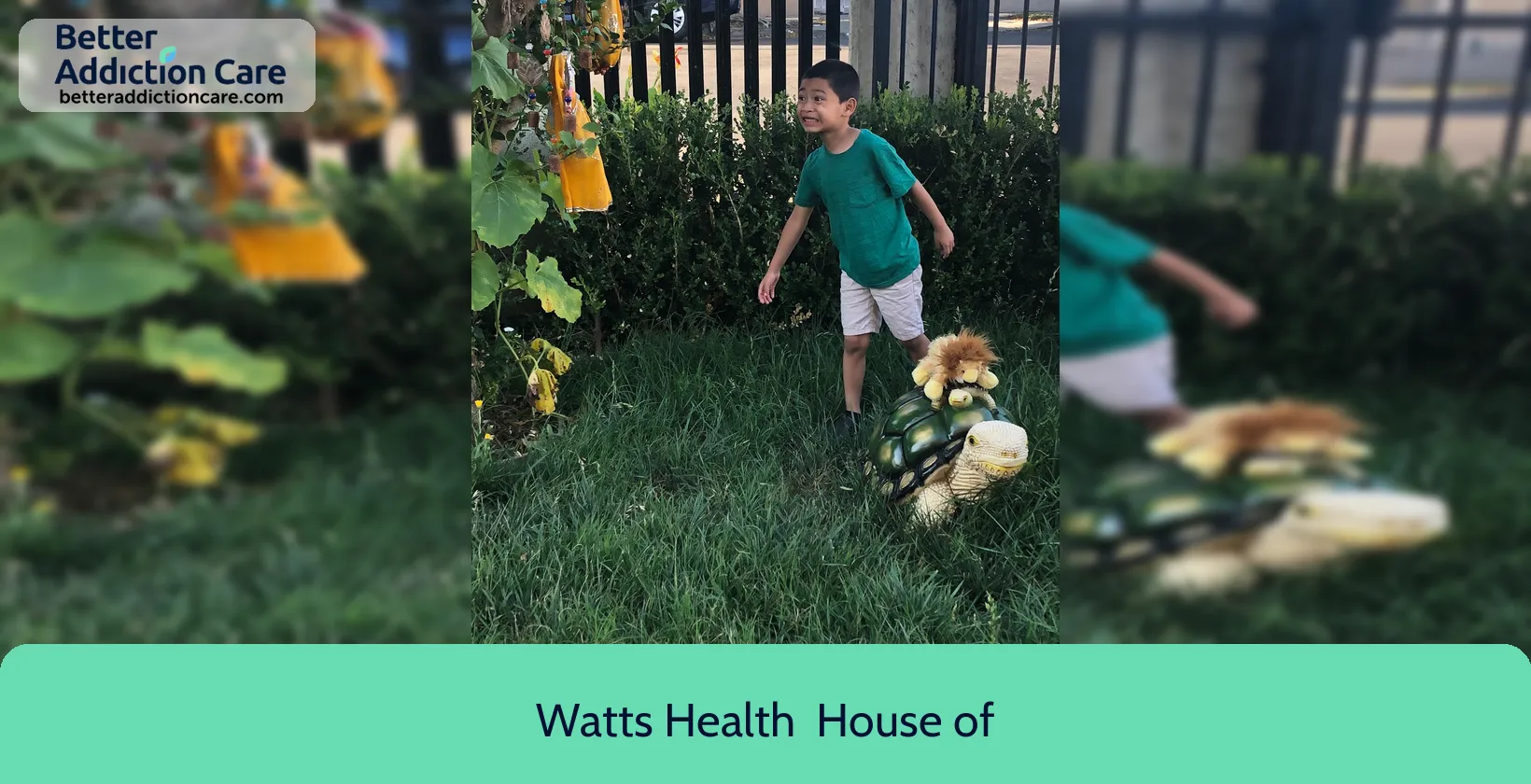
6.77
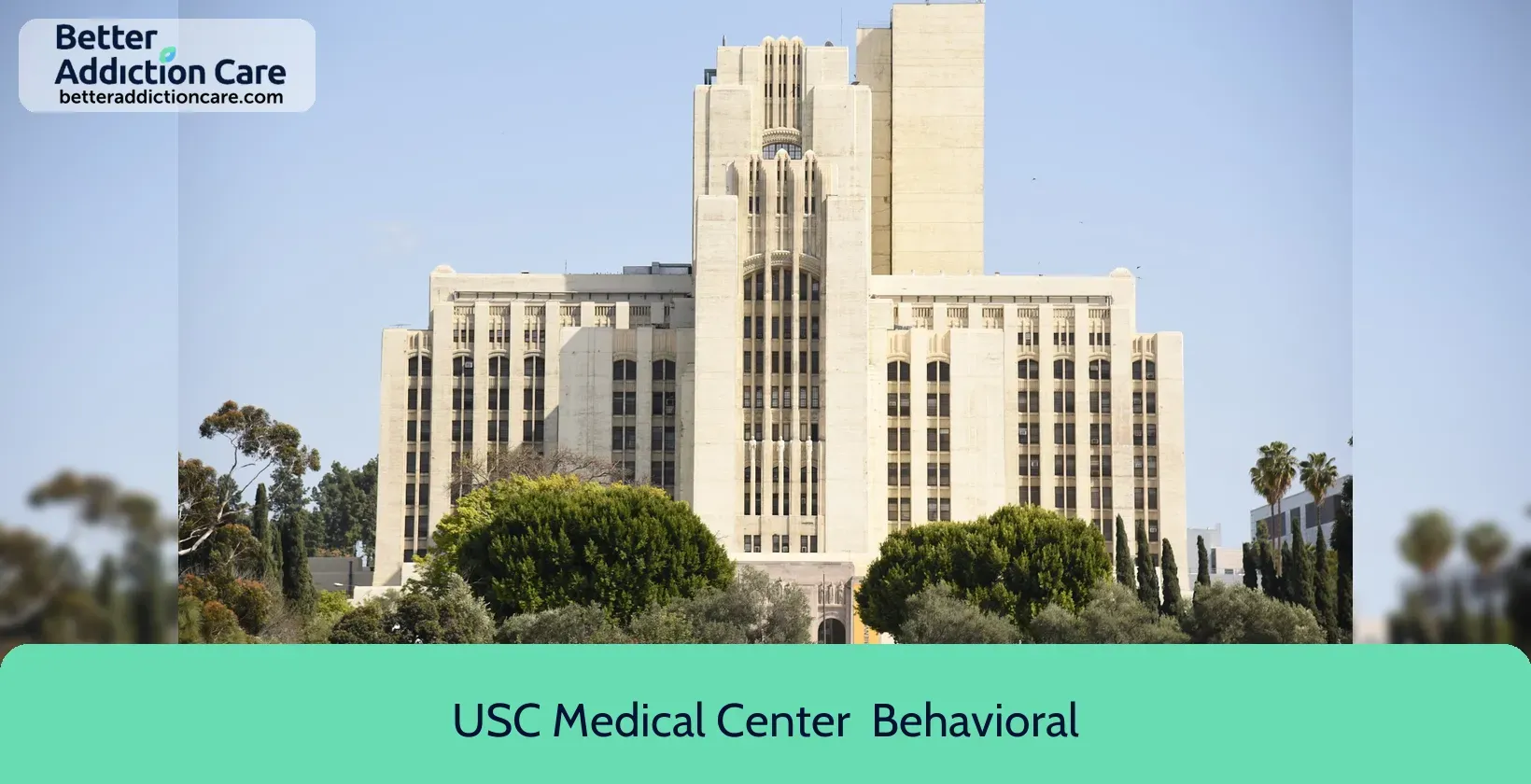
6.74
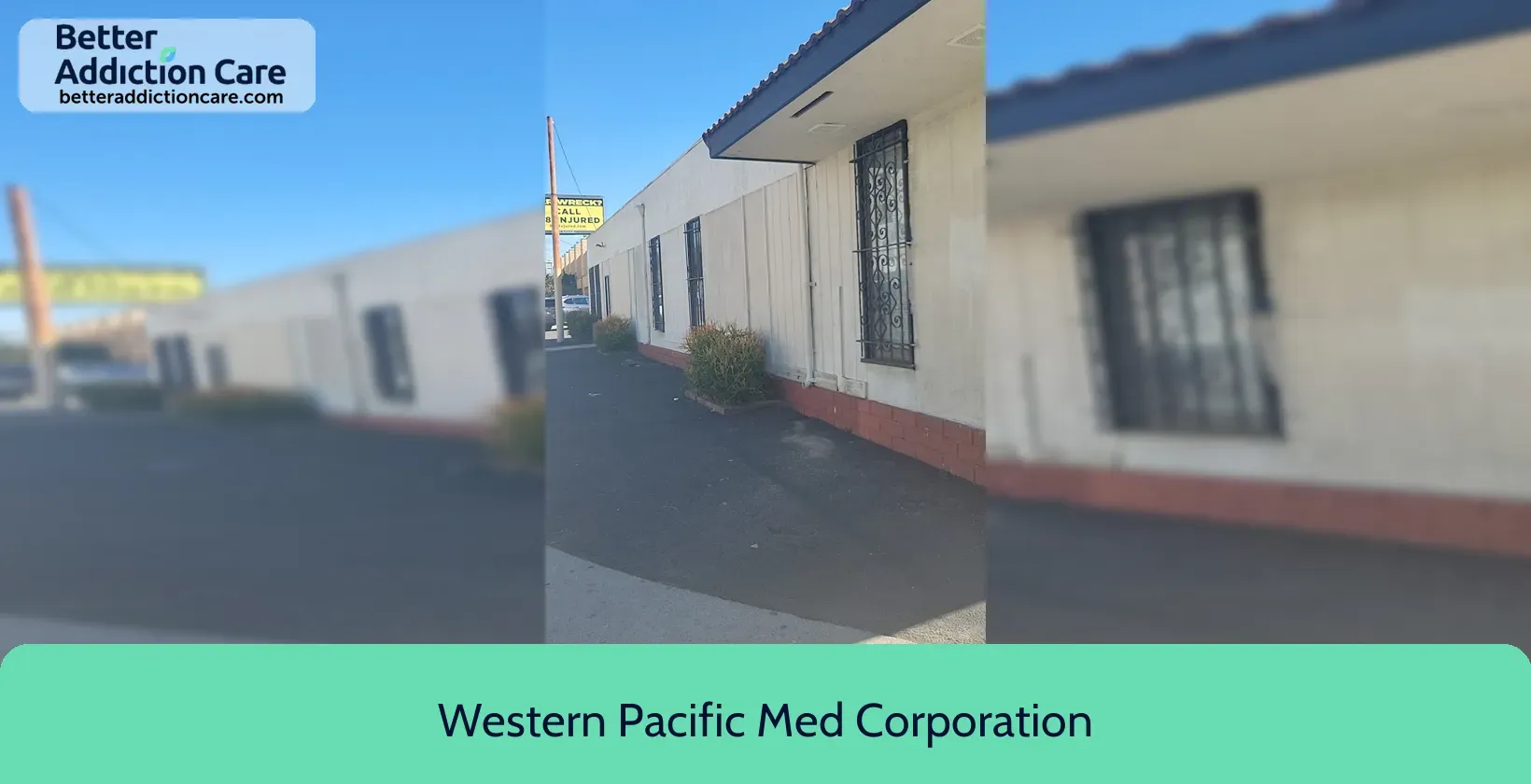
6.50
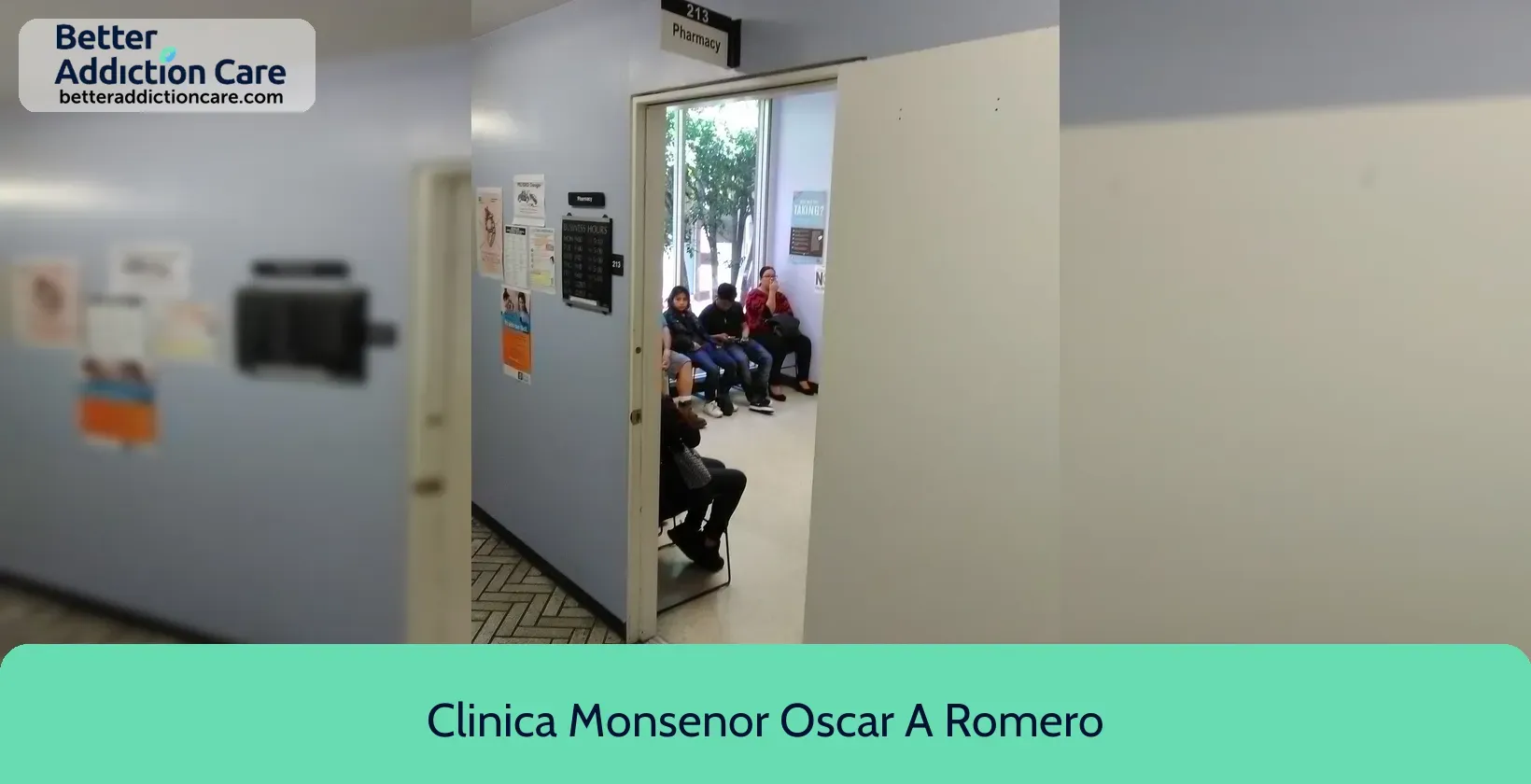
6.56
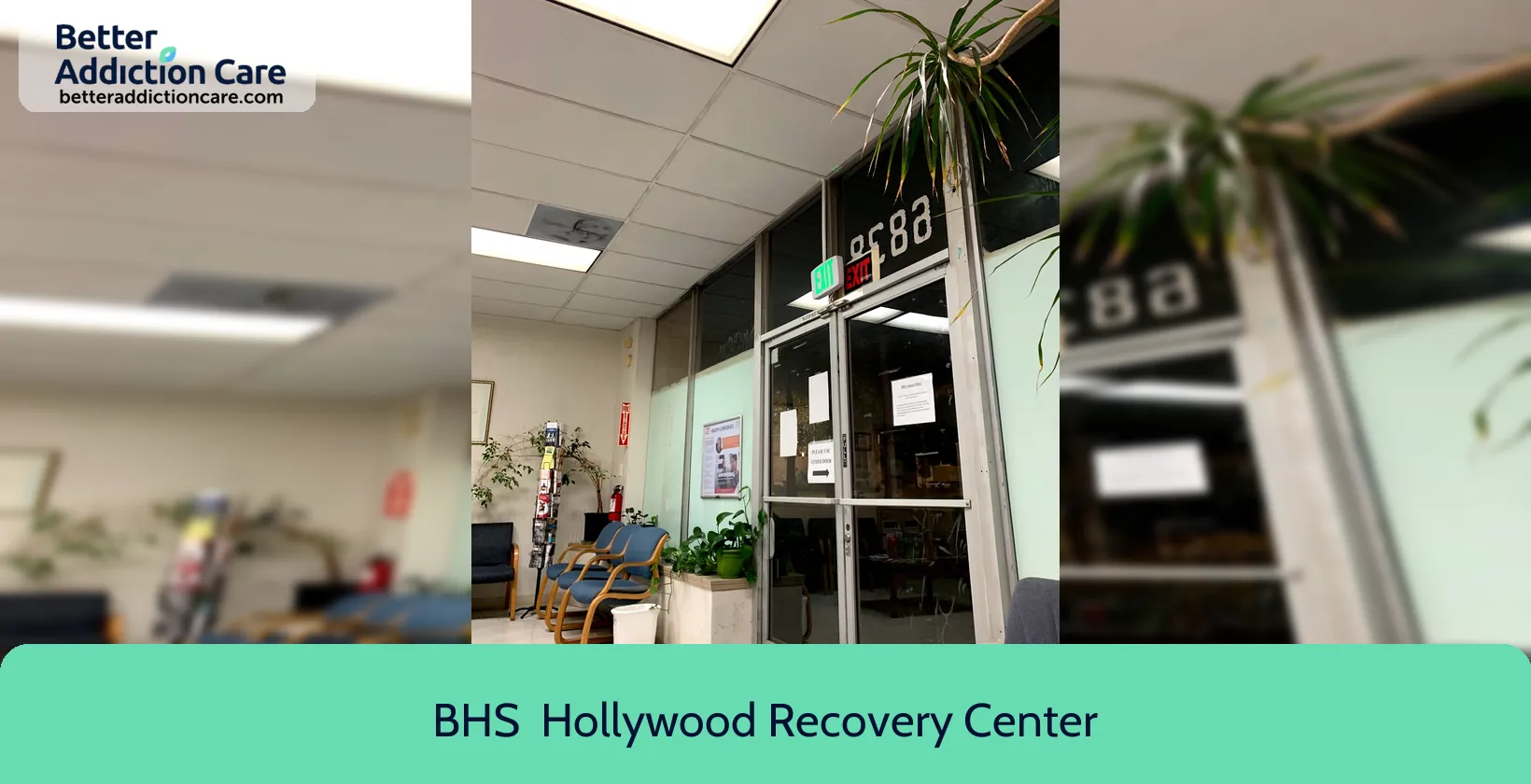
6.68
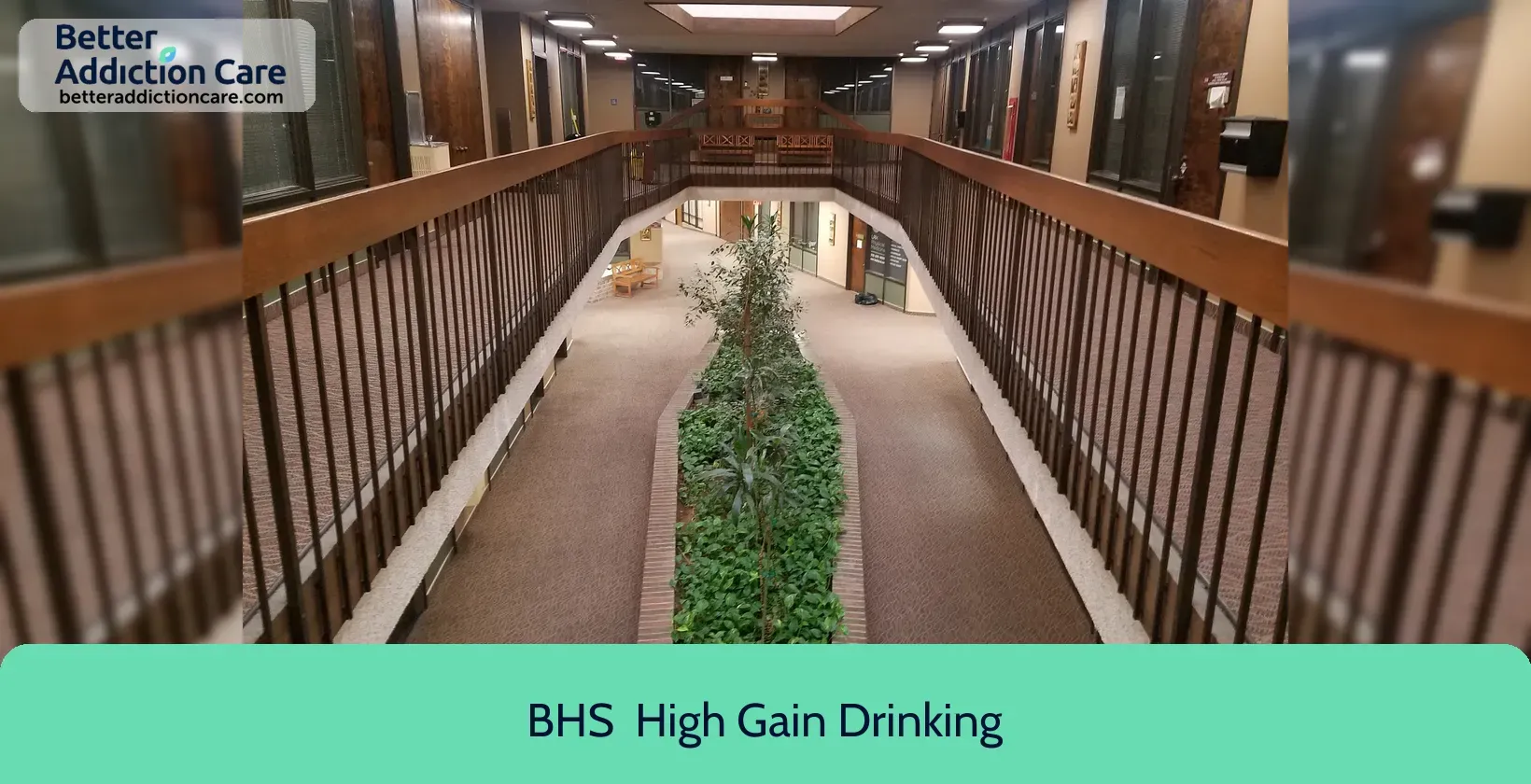
6.68
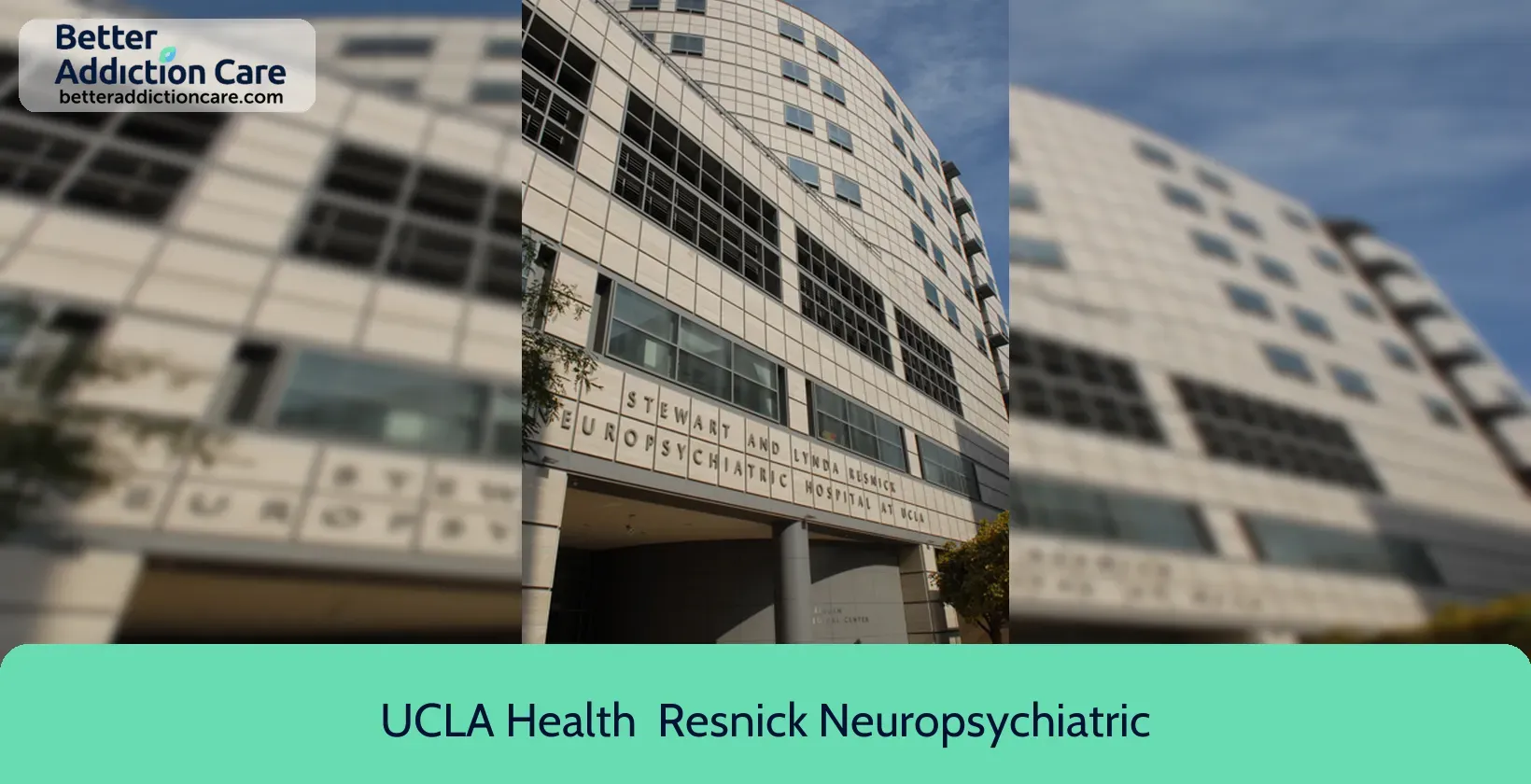
6.62
DISCLAIMER: The facility name, logo and brand are the property and registered trademarks of UCLA Health - Resnick Neuropsychiatric Hospital, and are being used for identification and informational purposes only. Use of these names, logos and brands shall not imply endorsement. BetterAddictionCare.com is not affiliated with or sponsored by UCLA Health - Resnick Neuropsychiatric Hospital.
